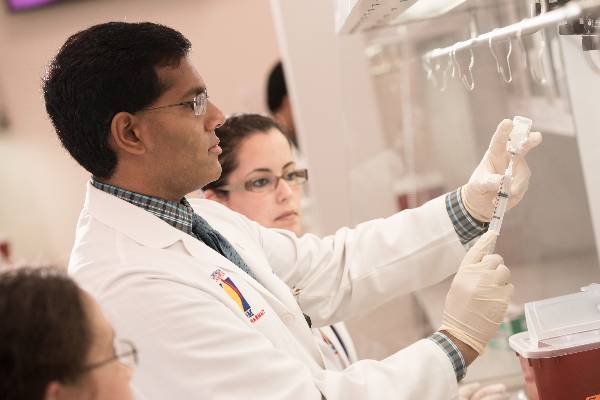According to John, the answer to that question depends upon where you choose to work.
“Most community (retail chain or independent) pharmacies (think CVS, Walgreens, Target,
Publix, Kroger, etc.) don’t require advanced clinical training offered through PGY-1
programs in order to practice,” John explained. “In fact, most students can secure
community jobs fairly easily especially if they have worked as interns or technicians
while still in school.”
Most hospitals, however, will require at least one year of residency training for
either staff or clinical positions. Certain institutions, John added, will require
one or even two years of residency training (PGY-2) in order to be considered a clinical
pharmacy specialist (i.e., critical care, infectious diseases, cardiology, emergency
medicine, ambulatory care, solid organ transplant, etc.)
John’s recommendations for his students regarding whether they should pursue a residency
is dependent upon their proposed career path.
“If they want to pursue a career in hospital pharmacy and provide consultative pharmacotherapeutic
services on patients with an interdisciplinary team, then yes,” he said. “If they
want to pursue a career in academia and work as a faculty member then I would say
yes! Faculty who work in the Department of Pharmacy Practice are required to develop a clinical practice site in which to provide pharmacy services
to patients and to train students in their experiential year. Most sites require advanced
clinical training by their faculty members in order to do so. If the student wanted
to own their own store (independent pharmacy) or work in a retail pharmacy environment,
then a residency would not be required.”
 Samuel John, PharmD, BCPS, former associate professor of pharmacy practice at
Samuel John, PharmD, BCPS, former associate professor of pharmacy practice at 